A trashy issue: “The to-go packaging is our biggest hurdle”
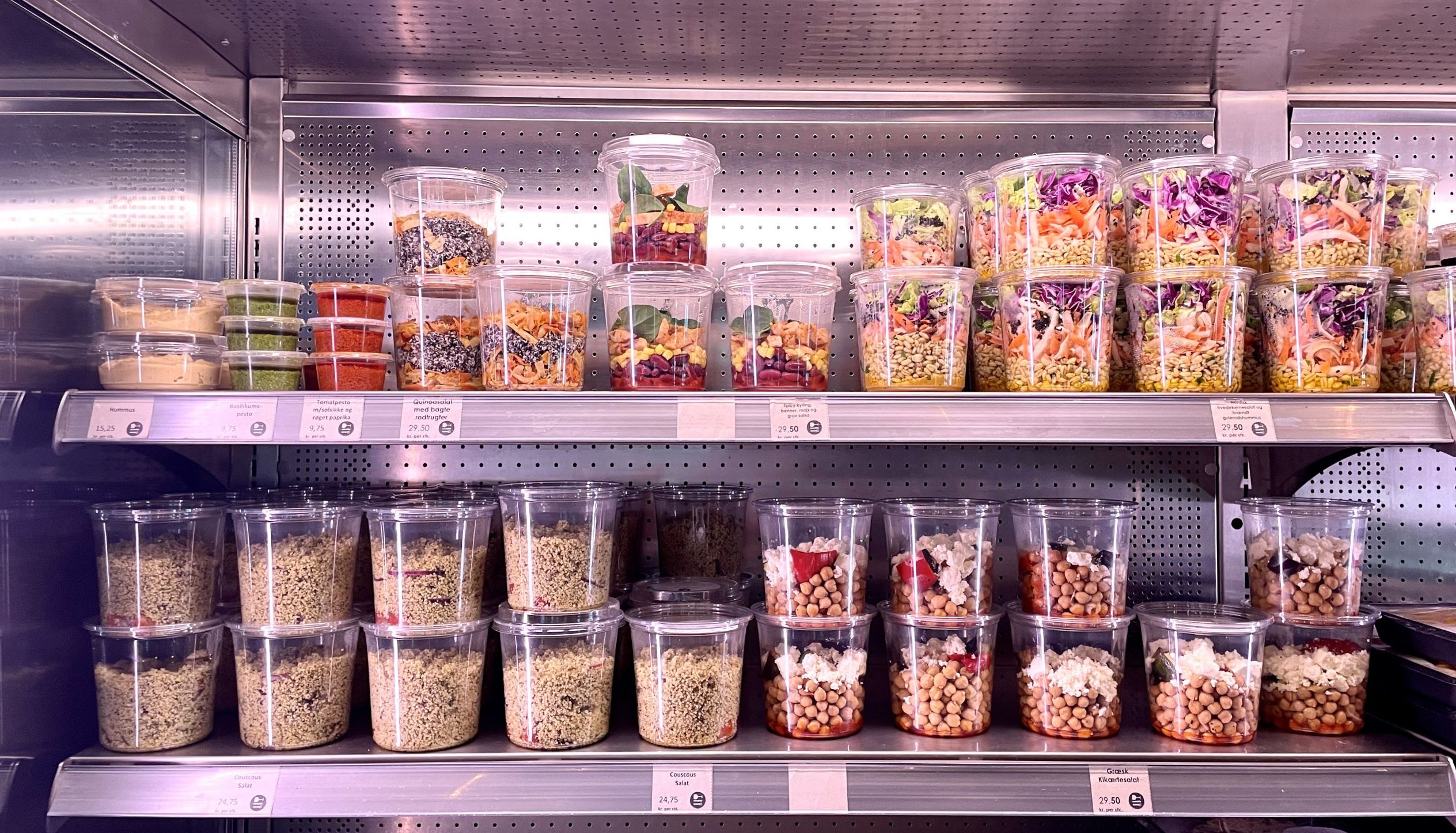
In Jespers Torvekøkken's grab and go unit, a lot of the food is packed in plastic. What solutions are the catering company looking into? (Photo: Anne Thora Lykkegaard)
Jespers Torvekøkken runs experiments to find solutions to their single-use coffee cups, paper bags and plastic packaging problems, for example, a pilot with coffee-cup rental, and a closed trash circuit. “Reuse is the ultimate goal,” says Chief Commercial Officer at Jespers Torvekøkken.
Just a couple of weeks ago, CBS introduced recycling stations throughout its campuses, giving students and staff the opportunity to sort their waste. Among the waste you will find plastic packaging, single-use coffee cups and paper bags with Jespers Torvekøkken’s logo on them.
But what is Jespers Torvekøkken doing to reduce those types of waste?
CBS WIRE has reached out to Kristina Steenfeldt, Chief Commercial Officer at Jespers Torvekøkken, and the first words she says are “recycling hierarchy”.
“Reuse (genbrug) is at the very top, next is recycling (genanvendelse) and at the very bottom is general waste, which is burned. What we are looking at is how we can remain at the very top of the hierarchy,” she says.
Let start with the plastic packaging that, for example, is used for the to-go meals and juices.
Kristina Steenfeldt explains that Jespers Torvekøkken has chosen the type of plastic that is most suitable for recycling. This means that if sorted out correctly and sent to a recycling center, it will be recycled, she says.
“Many people are of the impression that plastic is not sustainable, but if it is recycled, it actually is the most sustainable choice. But we are aiming for a solution where we can reuse the packaging,” says Kristina Steenfeldt.
Jespers Torvekøkken has run several experiments to find a solution to the single-use plastic packaging, which Kristina Steenfeldt describes as “the biggest hurdle”.
For example, in 2020, Jespers Torvekøkken set up an agreement with the packaging manufacturer Faerch in order to make a closed trash circuit.
“Faerch delivered the packaging to us, and at our business in Søborg we installed a compressor, which could compress the used packaging when we picked it up at our customers, including CBS,” she says and continues:
“The compressed packaging should be transported to a plant in Holland which is the only recycling plant in Europe that can recycle the packaging. Faerch would use the material to produce new packaging, which Jespers Torvekøkken could then rebuy.”
Fundamentally, the solution does not lie with us or CBS, but higher up the ladder. But that does not mean we should not talk about it and try our best to find solutions in the meantime
Kristina Steenfeldt
It was possible to create the circuit, but in the long run, it was not a sustainable solution, explains Kristina Steenfeldt.
“We could not compress the packaging enough to properly fill a truck. And since we would have to drive the packaging back and forth between Denmark and Holland, it simply was not sustainable,” she says.
Therefore, Jespers Torvekøkken, in collaboration with students from The Technical University of Denmark, is developing a prototype of packaging based on plastic and metal that can be reused.
“We are considering a sort of deposit system where users pay a little extra for the packaging and get that same amount back when returning the packaging. And this is something we would like to use for both food and beverages,” says Kristina Steenfeldt.
The end of single-use coffee cups?
At CBS, coffee is the gateway drug to staying hydrated and energized throughout a day of studying. And taking a glance in the waste bins, the students and employees drink a lot of it, as their used coffee cups end their life there.
But maybe the end is near for the single-use coffee cups at CBS.
“Students and employees can already save DKK 2 on every cup of coffee if they bring their own cups. But as we know, a lot of students don’t bring their own cups, so we are working to set up a pilot project with Kleen Hub Cup,” says Kristina Steenfeldt.
Kleen Hub Cup provides a rental service where students can rent thermos cups that, when finished with, can be returned to Jespers Torvekøkken where they are cleaned and reused.
“Reuse is the most sustainable option, which is why we keep looking into solutions and ideas that can help us in that direction. It is the ultimate goal,” she says.
The plan is to start the pilot project in the coming months.
Finding solutions in the meantime
But back to the recycling bins. A quick peek into the recycling stations located close to CBS WIRE’s office showed that the students – or whoever drinks coffee from Jespers Torvekøkken – find it tricky to recycle the coffee cups correctly. For example, entire cups including lids have been thrown into the bin for cardboard, whereas, in fact, the lid must go in plastic and the cup itself in general waste, as the inside of the cup is coated with a type of leak-proof plastic.
“There are several aspects to consider when the packaging and food industry meet. Hot, cold, shelf life, wet and dry. We constantly try to pick the most sustainable option, but that option must also work for the customers, so that coffee cups, for example, don’t leak,” says Kristina Steenfeldt.
What are you doing to educate your customers on where the waste should go?
“In a survey, we investigated user behavior in relation to waste sorting. For example, we made labels that described how to sort the waste, and we had bins for that purpose. But the students said that they wanted to sort their waste provided they didn’t have to go all the way back to the canteen to do it, and then they said they wanted the purpose of sorting it to be very clear,” says Kristina Steenfeldt and continues:
“We cannot communicate all of this on a small label, and if there are too many labels, people just shut their eyes to them. Also, is it sustainable to print a lot of labels that end up in general waste at the end of the day?”
Kristina Steenfeldt describes these dilemmas as chicken and egg situations. We continue to recycle our waste, but we also know that not all of it is recycled due to the lack of proper systems to handle it.
“Fundamentally, the solution does not lie with us or CBS, but higher up the ladder. But that does not mean we should not talk about it and try our best to find solutions in the meantime,” says Kristina Steenfeldt and continues:
“That’s why we engage in think tanks and pilot projects and collaborate with students. We need to help each other and create an impact wherever we can. At a place like CBS, reusable solutions make a great deal of sense, as you have many people who spend a lot of their time here.”



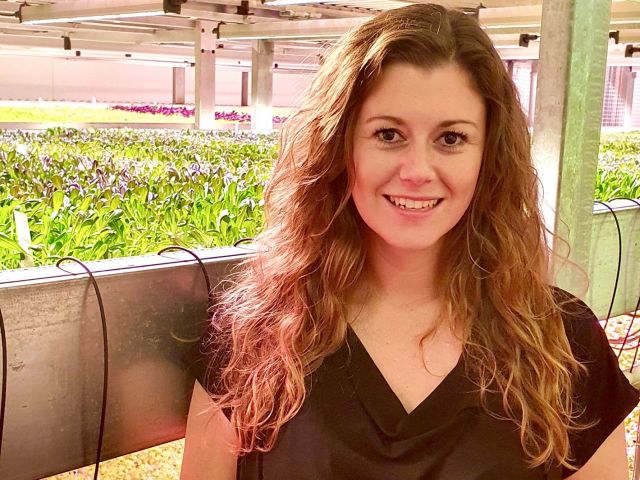
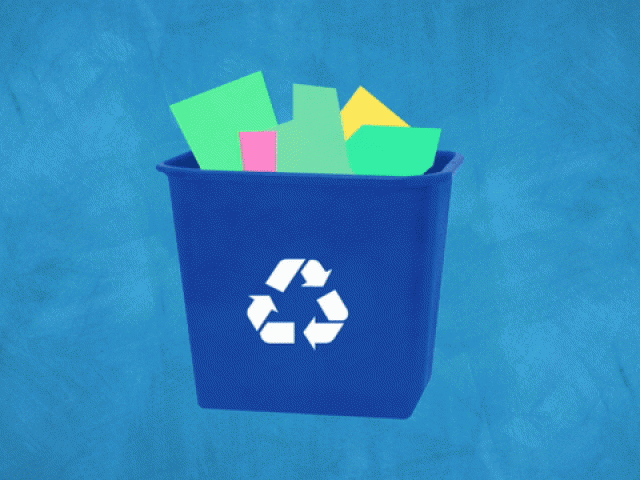
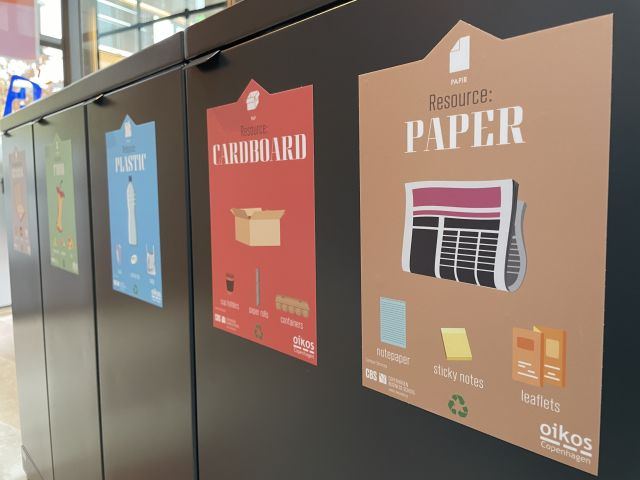
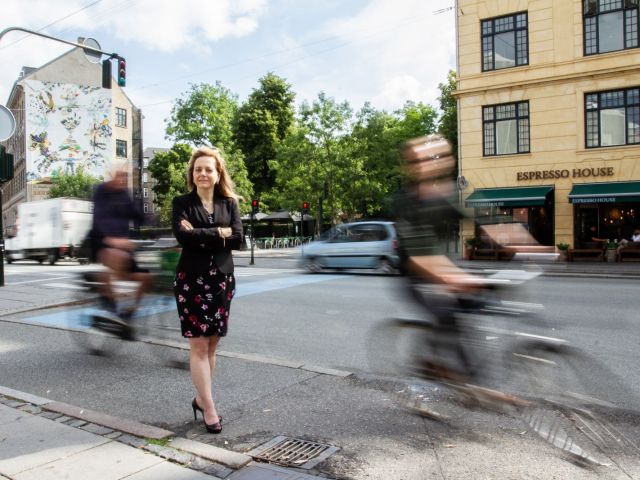
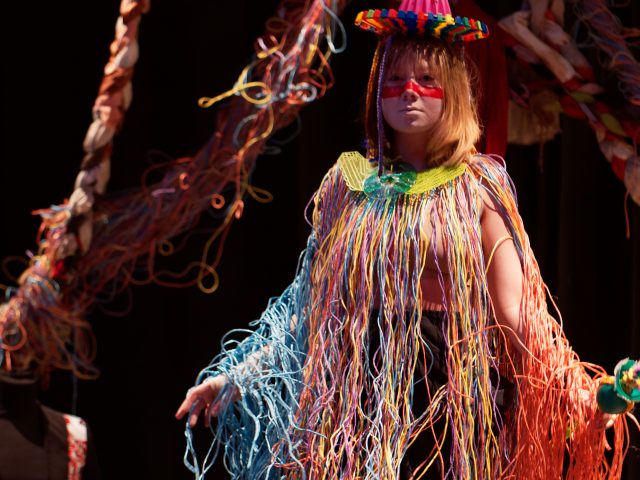
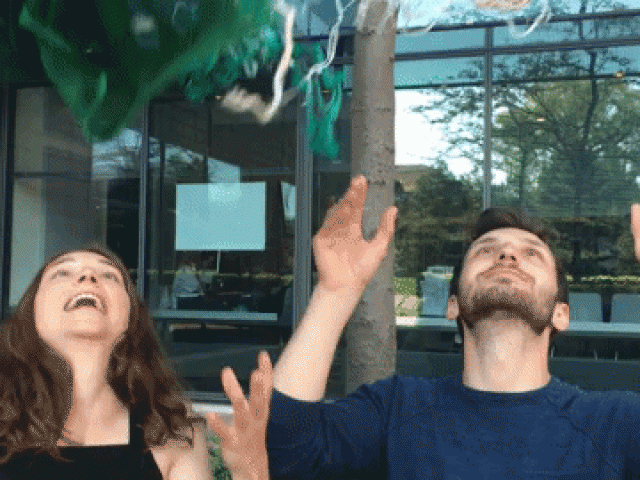
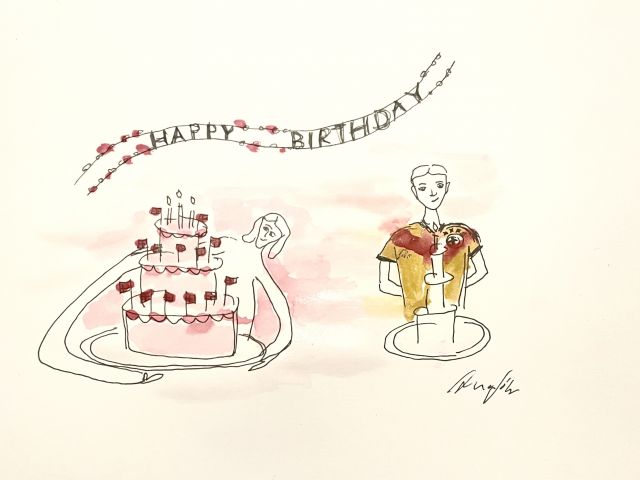
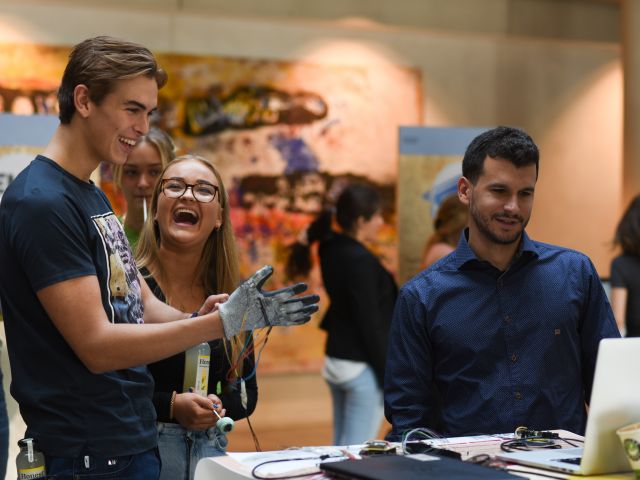





























































































































Comments